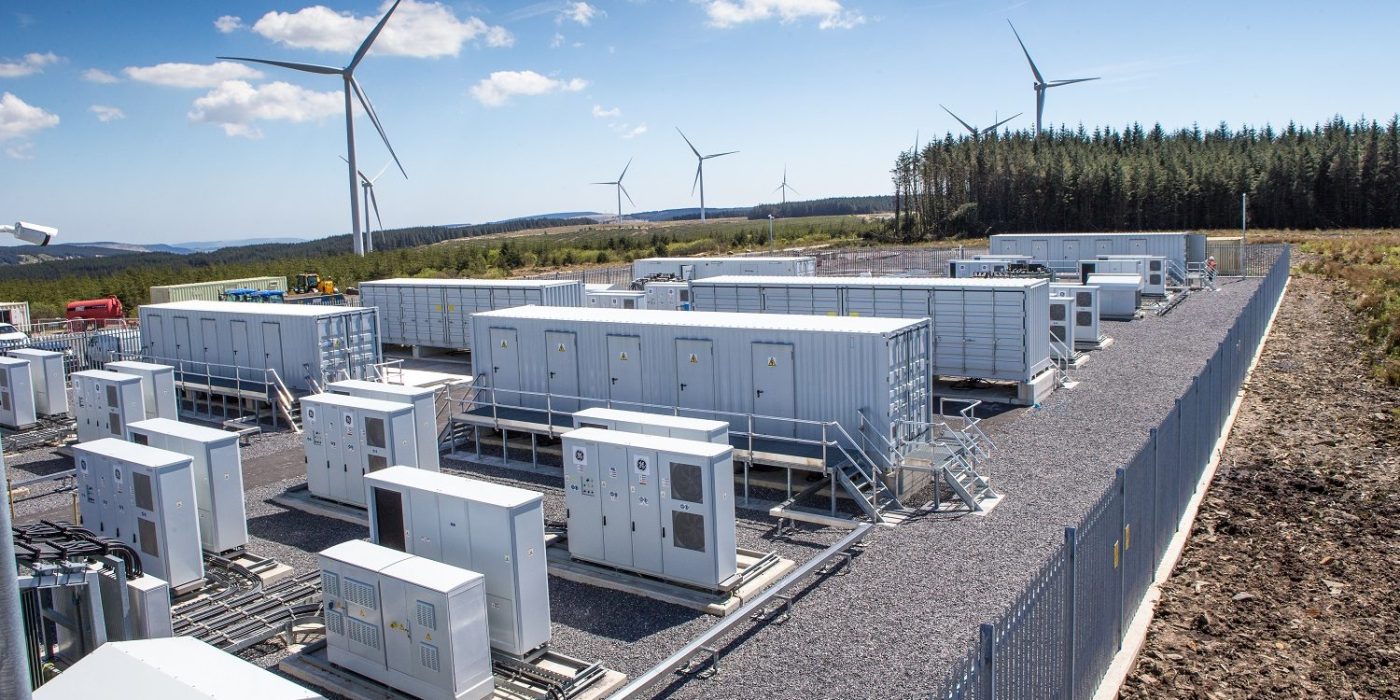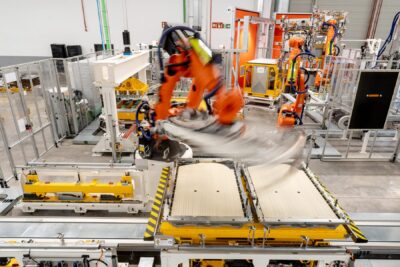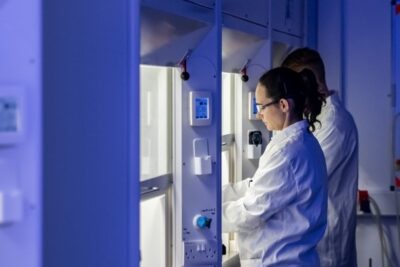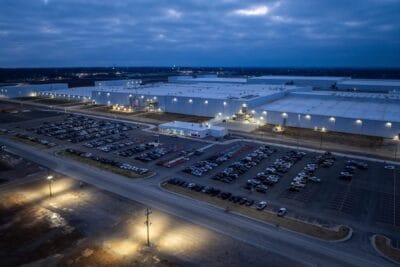EU Commission & BEPA support European battery ecosystem
The EU Commission and the Battery European Partnership Association (BEPA) are launching a public-private partnership project called BATT4EU to develop a competitive and sustainable industrial value chain for batteries.
Launched under the Horizon Europe research and innovation program, the partnership aims to mobilise 925 million euros to develop a European research and innovation ecosystem for batteries for use in mobile and stationary applications. The goal is to collaborate on research and innovation across the board to develop a variety of technologies that the EU Commission says should lead to a competitive, sustainable and circular European battery value chain.
The partnership project is explicitly aimed at paving the way for a long-term and coordinated effort between industry, research and the public sector. Michael Lippert, chairman of BEPA, comments, “With more than 165 members, BEPA shows that in Europe there is a great interest as well as know-how for the development of a competitive battery value chain. Thanks to BATT4EU, the European battery community will work hands in hands to prepare Europe to manufacture and commercialise by 2030 the next-generation battery technologies that will enable the rollout of zero-emission mobility and renewable energy storage, thus directly contributing to the success of the European Green Deal.”
Representing the EU Commission, Rosalinde van der Vlies adds, “The partnerships with industry that are being supported in Horizon Europe are ambitious, impact-driven initiatives that respond to EU policy priorities. The BATT4EU partnership contributes directly to the goals of the European Green Deal by enabling widespread adoption of e-mobility and stationary electrical energy storage” Van der Vlies, who is also the Clean Planet Director of the EU Commission’s Directorate-General for Research and Innovation explained that the initiative will also create economic growth and jobs in a circular economy by developing an innovative, competitive and sustainable battery manufacturing industry in Europe. “I am particularly looking forward to the synergies that BATT4EU will create with other partnerships to achieve maximum impact,” she said.
The initiative was established because the EU is aiming for climate neutrality by 2050, and batteries play a key role in decarbonizing transport or enabling greater integration of renewable energy sources into the electricity mix, for example. Currently, according to BEPA, less than 1% of the world’s lithium-ion battery cells are currently being manufactured in Europe – compared to more than 90% in Asia. That being said, those who have been watching the battery business will know that there has been a great deal of activity in European battery production lately. For example, in March this year, Volkswagen announced that it is building six ‘Gigafactories’ throughout Europe, while Swedish battery manufacturer Northvolt, although it only started up a couple of years ago, is quickly making massive strides in battery production, as well as recycling alliances.
BATT4EU is funded under Horizon Europe, the successor program to the Horizon 2020 framework program to promote research and innovation in the European Union.





0 Comments